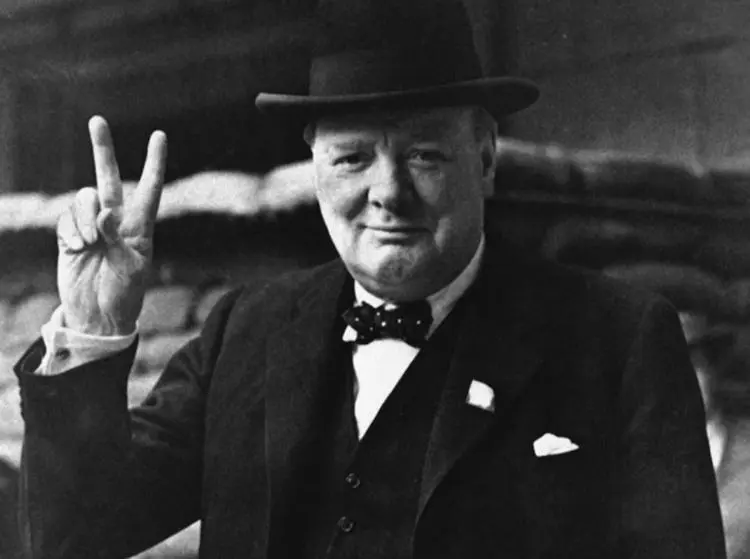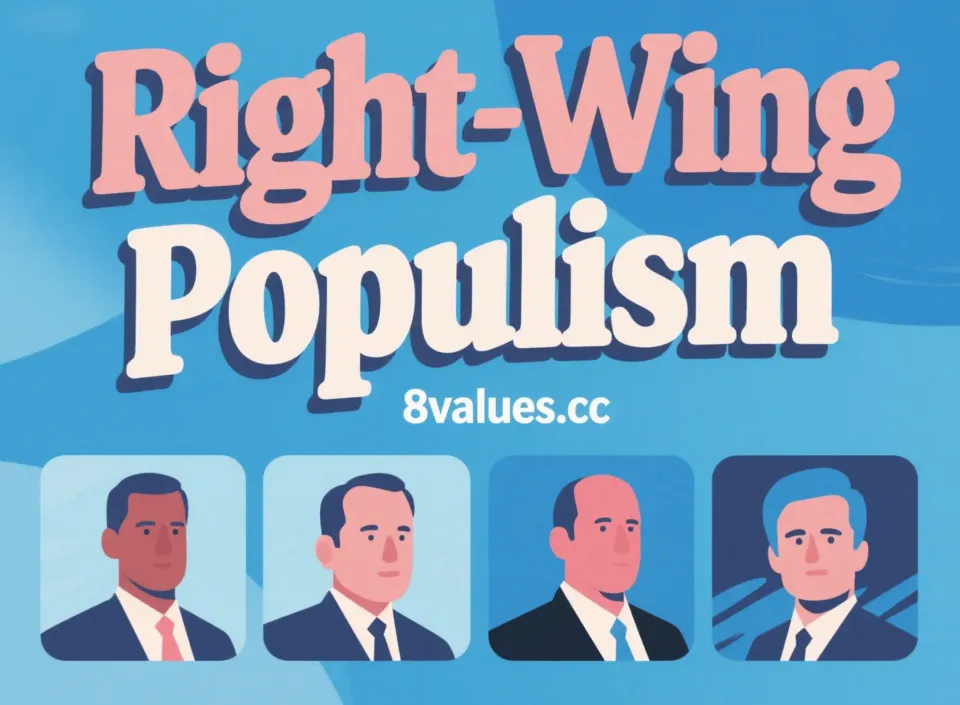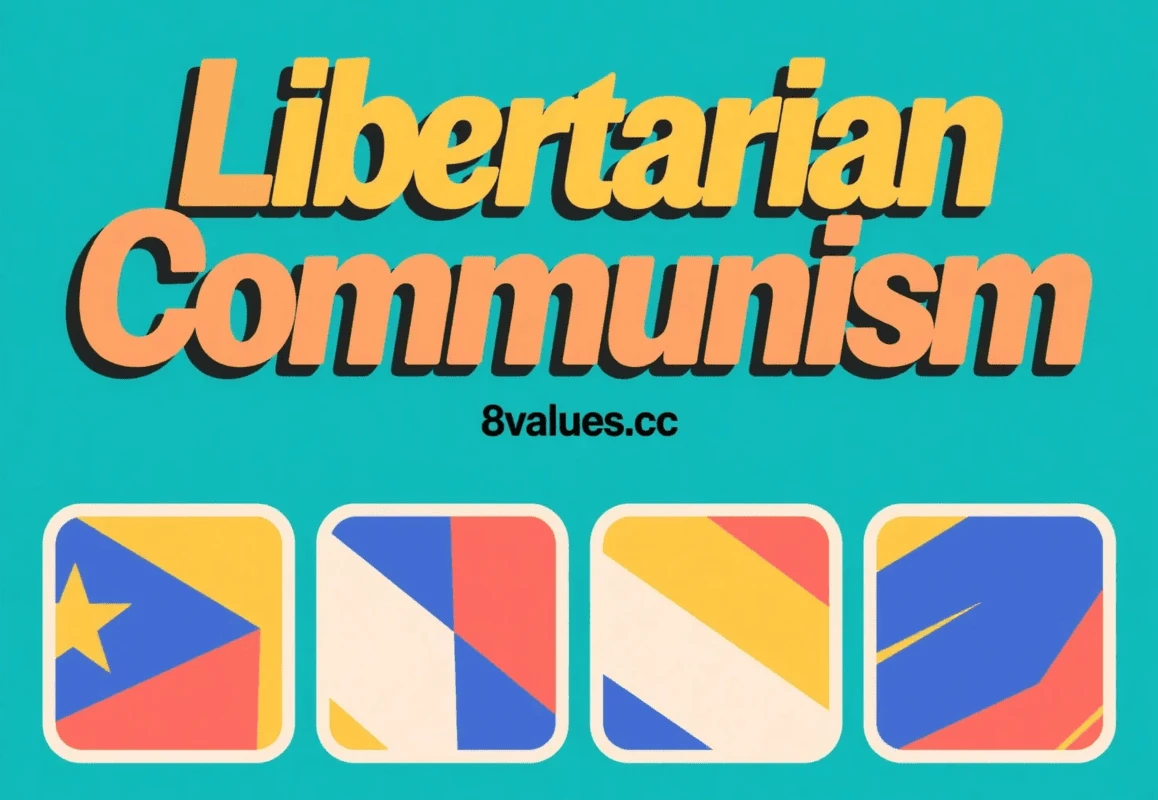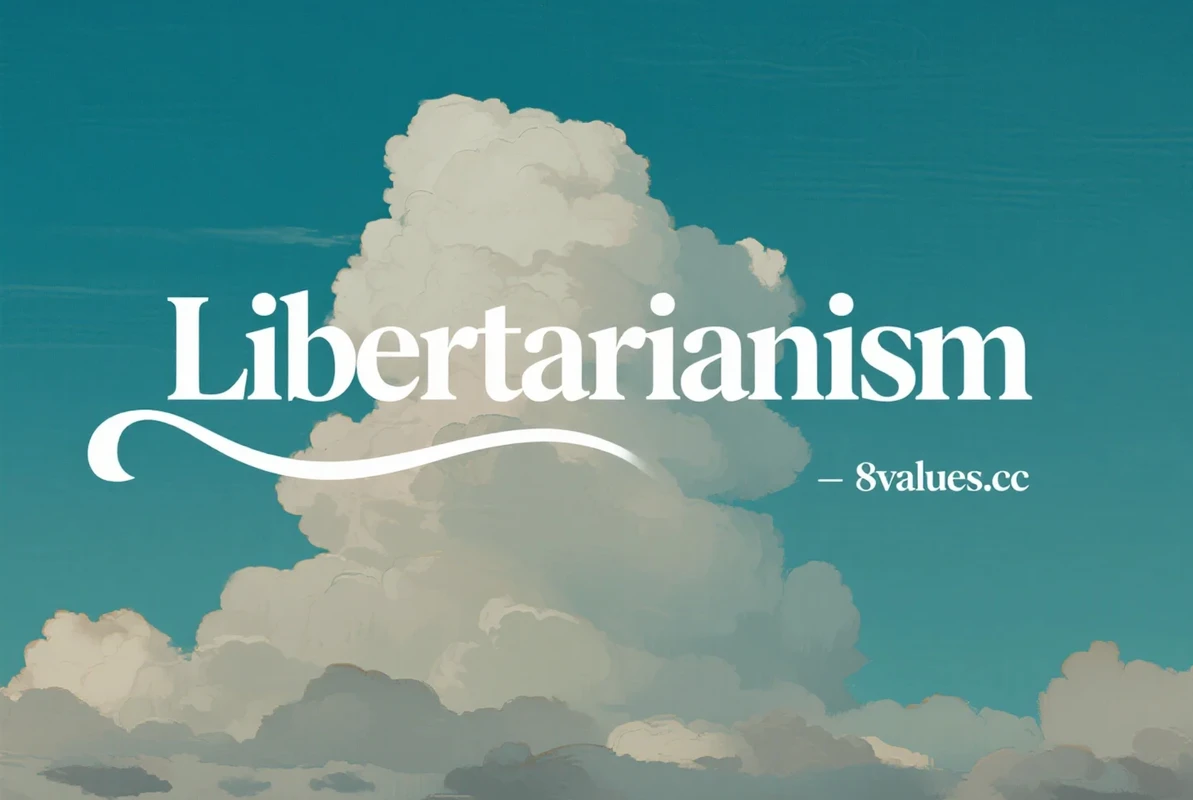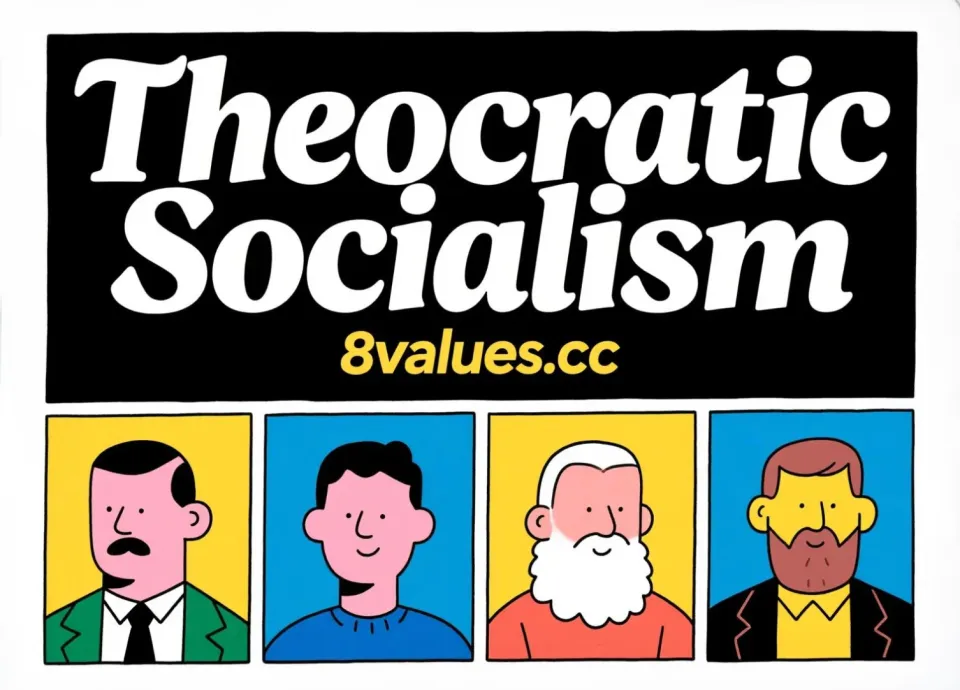Winston Churchill: WWII Prime Minister, Literary Master and Century Politician
Winston Churchill was one of the greatest British political leaders of the 20th century, and he served twice as British Prime Minister, leading the British people to a victory in the war against Germany during World War II. This article will provide a detailed introduction to the life trajectory of the legendary politician, historian and Nobel Prize winner in literature and its profound impact on the global landscape.
Winston Leonard Spencer Churchill (November 30, 1874 - January 24, 1965) is a famous British politician, historian, orator, writer and journalist. He served as Prime Minister of the 61st and 63rd (terms from 1940 to 1945, and from 1951 to 1955, respectively). Churchill ignited the beacon to deal with Adolf Hitler head-on during the dark period of World War II in Europe. He was considered one of the most important political leaders of the 20th century and was named "the greatest British man of all time" in a poll.
Early experience and military career: From aristocratic children to war correspondents
Churchill was born into a British aristocratic family. He was born on November 30, 1874 at Blenheim Palace in the town of Woodstock, Oxfordshire, England. His ancestor John Churchill was named Duke of Malborough for supporting William III in the "Glorious Revolution". Churchill's father, Lord Randolph Churchill, was the third son of the seventh Duke of Marborough, and served as the Chancellor of the Conservative Government. His mother, Jennie Jerome, is the daughter of an American millionaire and shareholder of the New York Times.
Churchill was a premature baby in his childhood. Because his parents were busy with politics and social interaction, he rarely received his parents' care. He was naughty in school, "lazy" studying, poor grades, and especially disliked mathematics and Latin. In view of his love for the military, he finally passed three exams in August 1893 and was admitted to the cavalry major at the Sandhurst Royal Military College. His ideal is to "as long as there is a war," he will join the army, "Once the war is done, we must engage in politics." During his time at the military academy, he was extensively involved in military, history, literature and politics, and was specialized in writing and speech.
In 1895, Churchill graduated from the Military Academy and then joined the military. He used his holiday to go to Cuba as a reporter and experienced the war in Spain to suppress the Cuban revolution. After that, he followed the army to India and interviewed the armed uprising against the British army that broke out in the Malacander region in northern India as a reporter, and wrote the first book, "Documentary of the Malacander Field Army" based on the manuscript. In 1898, Churchill participated in the British colonial war to conquer the Sudan and published The War on the River. During his two years in India, he felt deeply knowledge-poor and read a large number of books, including Plato's "The Ideal" and Edward Gibbon's "The Decline of the Roman Empire".
In 1899, Churchill resigned from his military post and went to South Africa as a reporter from the Morning Post to interview the British-Bu War . He was captured on the way and then successfully escaped from prison. This incident made him famous in Britain and laid the foundation for his entry into politics.
Entering the political arena and party changes: the growth of a politician
After the jailbreak, Churchill was first elected as a member of the Conservative Party in October 1900, starting a 61-year political career. However, he soon broke with the Conservative Party on policies such as trade. Disagreeing with the Conservative Party’s protection tariff policy, he called himself an “independent Conservative” in 1904 and was disqualified from party membership in 1905.
Since then, Churchill has switched to the Liberal Party. Promoted quickly in the Liberal government, and served as a sub-official official of the Ministry of Colonial Affairs (promoting South African autonomy during his tenure), the Minister of Commerce (formed into the cabinet), and the Minister of Home Affairs. During his tenure as Commerce Secretary, he promoted a number of social reforms, such as the 8-hour daily work system legislation for miners and committed to establishing a system of unemployment and disability insurance for workers.
Churchill was appointed Home Secretary in 1910 but was criticized for taking a tough stance in handling workers’ marches and strikes. In October 1911, he was transferred to the position of Minister of the Navy. He actively promoted naval reforms, changed the fuel of ships from coal to oil, and advocated a naval arms race with Germany, so that naval allocations could reach the highest level in history.
World War I and anti-Soviet standpoints
After the outbreak of World War I, Churchill issued a naval mobilization order on his own in 1914. However, due to improper command, the British army suffered initial setbacks. In order to break the deadlock on the Western Front, he proposed a combat plan to capture the Dardanelles and the Gallipoli Peninsula, but ultimately resulted in heavy casualties in elite troops such as Australia and New Zealand. Churchill was subjected to fierce attacks and was removed from his post as Navy Secretary in 1915. He chose to resign and went to the French front to serve as commander of the Royal Scottish Musket Battalion and participated in the war in person.
After returning to politics in 1917, Churchill was appointed Minister of Military Affairs, and promoted the mass production of new inventions such as tanks and aircraft during his tenure, so he was named "Father of Tanks". After the end of World War I, he hated the Soviet Union and believed that Bolsheviism was a "threat to human civilization." He actively planned to provide military aid to the Russian White Guard and the Polish army, and called on all countries to jointly interfere in the Soviet Union. At that time, Soviet leader Vladimir Ilyich Lenin called Churchill "the biggest enemy of the Soviet Union."
After the Liberal Party’s devastation in 1922, Churchill realized the decline of the Liberal Party and gradually alienated the Liberal Party. He was re-elected as a Conservative Party in 1924, completing his journey back to the Conservative Party. He was appointed Secretary of the Exchequer by Prime Minister Stanley Baldwin. During his tenure, he restored the gold standard and cut defense funds.
"Desert Years" against Appeasement
After the Conservative Party stepped down in 1929, Churchill resigned from all official positions and withdrew from the Conservative Party's shadow cabinet, and began the "political desert state" or "the years in the opposition" until the outbreak of World War II.
In the 1930s, with Hitler taking power in Germany, the aggressive expansion of the "Axis powers" of the German, Italian and Japanese fascists posed a serious threat to British hegemony. Churchill is one of the few people in the parliament who have a clear understanding of the international situation. He advocates a tough policy of resolute containment and resistance against Germany and Italy. He believes that Britain's traditional foreign policy is to unite the weaker side and oppose the military hegemon on the European continent. He saw Germany as his most dangerous enemy.
He repeatedly called on the government to step up reorganization of its arms and advocated adjusting its relations with the socialist country Soviet Union (USSR) to form an anti-Nazi "big alliance." He told the Soviet ambassador to the UK in 1934: "Hitler Germany threatened not only us British, but you Russians, so why don't we unite against our common enemies?"
At that time, the Appasement Policy, implemented by the Arthur Neville Chamberlain government, prevailed in Britain. Churchill strongly criticized the appeasement policy and condemned the Munich Agreement, calling it "the greatest disaster in Europe" and "a complete and complete failure." He firmly believed that refusing and throwing away the indispensable aid from Russia (Soviet) would entangle Britain in the worst war.
A deep understanding of the political tendencies of historical figures helps us understand the ideas behind their decisions. If you are interested in your own political values tendency, you can try to conduct the 8values political values tendency test and explore in different dimensions (such as equality, freedom, authority, nation, etc.) your position is closer to all results ideology .
Wartime Prime Minister: Leading Britain to Win World War II
On September 1, 1939, when World War II officially broke out, Chamberlain summoned Churchill and invited him to re-appoint his post as Secretary of the Navy .
Due to the unfavorable progress of the war and the "sitting war" situation where the British and French governments declared no war, the Chamberlain government was hit by the motion of distrust. On May 10, 1940, on the day when Hitler was dispatched to the west, Chamberlain stepped down and King George VI summoned Churchill and ordered him to form a cabinet. Churchill invited leaders of other political parties to the cabinet and formed a united "unity-wide cabinet". He reached the pinnacle of his political career in the midst of a crisis.
On May 13, 1940, Churchill attended the House of Commons for the first time as Prime Minister and delivered a famous speech: "I have nothing else, only blood, hard work, tears and sweat to everyone. ...What is our purpose? Victory, strive for victory at all costs."
As Germany's "blitzkrieg" swept across the European continent, the British army successfully retreated (codenamed "Generator Program") in Dunkirk and withdrew more than 330,000 people. Churchill then delivered an inspiring speech: "We will fight to the end. ...We will never surrender." Churchill flatly rejected Hitler's "peace" proposal and led the British people to fight to defend the British Isles. In the Battle of Britain, he led the people to defeat the Luftwaffe with an iron will, forcing Hitler to postpone his landing plan indefinitely.
In order to change the dilemma of fighting alone, Churchill vigorously won the support of the United States (USA). He has established a good personal relationship with US President Franklin D. Roosevelt . When the UK dollar reserves were exhausted, Churchill personally wrote to Roosevelt, which led to the U.S. passing the Lend-Lease Act .
On June 22, 1941, after Germany invaded the Soviet Union (USSR), Churchill immediately stated that Britain would fight against Germany in joint efforts with the Soviet Union, and said in the broadcast that although he always opposed communism, all this was eclipsed at this moment. In July of the same year, Britain and the Soviet Union signed an agreement to operate joint operations in combat with Germany. In August 1941, Churchill and Roosevelt met in Newfoundland and signed the Atlantic Charter.
11942 On January 1, 26 countries including Britain, the United States, the Soviet Union and the Middle School signed the Declaration by United Nations, and the Anti-Fascist Coalition was officially formed. As one of the main leaders of the Allies, Churchill attended important meetings such as the Cairo Conference, the Tehran Conference, the Yalta Conference and the Potsdam Conference, and contributed to the final victory of the anti-fascist war.
Victory and Losing: Opening the Iron Curtain Speech
On May 7, 1945, Germany announced unconditional surrender, and Churchill declared victory to the British people. However, the fundamental purpose of Churchill's participation in the anti-fascist war was to safeguard Britain's hegemony. With the victory of the war, his political stance on the Soviet Union, anti-communist, and opposing national liberation movements became increasingly obvious. He even ordered military advisers to study the possibility of a war against the Soviet Union immediately following World War II, and hoped to retain German weapons in case the Soviet offensive continued to redistribute to cooperative German soldiers.
In the British general election in July 1945, despite the victory of the War against Germany, the Conservative Party led by Churchill was defeated, and the Labour Party won a majority under Clement Richard Attlee and was able to form a cabinet. Churchill could not understand the fact that he was ousted as victory was approaching, and quoted the ancient Greek writer Plutarch as saying: "Ungratitude to their great people is a symbol of a great nation."
Despite his resignation, Churchill did not withdraw from the political stage. On March 5, 1946, Churchill delivered the famous "Pillar of Peace" speech in Fulton City, Missouri, the Iron Curtain Speech . He said: "From Szczecin on the Baltic Sea to Trieste on the Adriatic Sea, an iron curtain that runs across the European continent has been pulled down." He advocated the unity of the United States and Britain to jointly deal with the Soviet Union and the world communist movement. Later research believed that this speech kicked off the Cold War.
In terms of foreign policy, Churchill proposed the "three-ring foreign policy" , namely: the first ring is the Commonwealth and the British Empire, the second ring is the English-Speaking World including the United Kingdom, Canada and the United States, and the third ring is the United Europe. He believes that Britain is "the only country that occupies an important position in every link of these three rings."
Re-glory and death in old age
In the 1951 general election, the Conservatives regained power, and the 77-year-old Churchill once again became British Prime Minister. During his second term, Britain successfully trialled the first atomic bomb in 1952, becoming the third country in the world to possess nuclear weapons. He continued to use the Anglo-American alliance as the basis of his foreign policy and led to the London-Paris Agreement, bringing West Germany to NATO.
In 1953, Churchill was awarded the Order of the Garter by Queen Elizabeth II, and has since been called "Sir Winston Churchill , KG".
On December 10 of the same year, Churchill won the 1953 Nobel Prize in Literature for his "outstanding speech on depicting history and biography and his noble values of the guardians." He became the first (the only British Prime Minister to win the award by 2023).
On April 5, 1955, due to his deteriorating health, Churchill formally submitted his resignation to the Queen and retired. After resigning, he retained the House of Commons until 1964. In 1959, he was awarded the title of "Father of the House of Reichs". In 1963, the U.S. Congress awarded him the title of "Honorary Citizen of the United States of America."
Churchill died of a stroke (Cerebral stroke) at the age of 91 on January 24, 1965. The British government held a state funeral for her, and Queen Elizabeth II and royal members broke the routine and attended the funeral. He eventually sank in the Breton Church Cemetery near Blenheim Palace, where he was born.
Excellent literary and historical achievements
Churchill was not only a great politician, but also a prolific and accomplished writer and historian. He wrote 26 monographs in total in 45 volumes (books) in his life.
His main works include: Memoirs of World War I (World Crisis), My Early Life, Marbaro's Life and Times (Biography of his ancestor John Churchill), and the six-volume Memoirs of World War II . His long historical work, A History of the English-Speaking Peoples, was published in 1956.
Churchill's creations have obvious documentary and autobiographical colors. His style is majestic and rough, and he is especially good at depicting magnificent war scenes and portraying historical figures. His speeches are beautiful, exciting, full of extraordinary enthusiasm and arousal. They are rated by the news media as one of the "Eight Most Convincing Orators in the World in the past century."
In historic thought, Churchill was the last and most influential advocate of Whig History . He was deeply influenced by Edward Gibbon and Thomas Babington Macaulay. He believes that history is political and military in nature, and is driven forward by great men.
Character controversy and diverse evaluation
Although Churchill was regarded as a national hero who led the British people to victory during World War II, his words and deeds involving racism and colonial issues also caused great controversy.
On the colonial issue, Churchill strongly opposed the colonial national liberation movement. He had a great hatred for the Indian national leader Mahatma Gandhi, calling him a "half-naked liar." It is said that when the Bangladesh famine rages in 1943, he ruthlessly refused to provide food aid and said it was worthy of the locals because they "bred a large group of children like rabbits."
Churchill is considered to be a racist in his attitude towards certain ethnic groups. He once publicly stated that he did not believe that Britain abused Indians in America or blacks in Australia because he believed that "they were all in their place after the arrival of a stronger race and a higher race."
Despite the controversy, Churchill's leadership and historical contributions have been highly recognized by political leaders and scholars at home and abroad:
- Soviet leader Joseph Stalin once praised Churchill as "a figure that only appeared in a century."
- Former U.S. President Dwight D. Eisenhower said Churchill was “strong, warlike and motivated as a leader”.
- Chinese historian Chen Jian and Wang Sid praised him as "the most prestigious British bourgeois politician in this century (20th century).
- American writer John Powell commented on his most concerned achievement was his resistance to Nazi Germany, saying that he had an indomitable struggle to defend Western culture.
Personal Habits and Legendary Anecdotes
Churchill is a man full of personality and sense of humor, and some of his habits and anecdotes are widely circulated:
"Victory" gesture : During World War II, Churchill frequently used the letter "V" gesture in public, which represented Victory in English, Vrijheid in Freman and Victoire in French, allowing its symbolic meaning to be established and passed down.
Hobby of cigars : Churchill loves smoking cigars in particular. It is said that he smokes at least 10 cigars a day, and the cigars he smokes in his lifetime weighs 3,000 kilograms. The famous photography work "The Roaring Lion" records his majestic look of glaring at the snatch of the cigar.
The secret to longevity : Although his physical condition was weak in his early years and his health was poor in his later years, Churchill eventually lived to be 91 years old. This is due to his wide range of health hobbies, including military, music, fine arts and literature. He loved sports and in his early years he loved fencing, swimming and horse riding. During World War II, he relaxed his mood and relieved stress by knitting his sweaters to maintain a calm and conscious awareness. He once shared his resting method with a smile: "If there is a place to sit, I will never stand; if there is a place to sit, I will never sit."
Loving Couple : Churchill and Clementine Churchill married in 1908 and they "have always been happy." Clementine is a supporter of Churchill’s career and a lifelong companion in life. Churchill once said: "She is my partner and the pillar of life. Without her, I would not have succeeded."
Funny and humor : Churchill is known for his wit and humor. At a banquet, a feminist said to Churchill, "Winston, if I were your wife, I would put poison in your coffee cup!" Churchill replied gently, "If I were your husband, I would drink it without hesitation!"
Relationship with the Queen : Churchill’s “disapproval” of Queen Elizabeth II from the beginning to the high praise later. He once said: "We can't find another monarch who is better than the current queen." During long-term contact, Churchill was impressed by the queen's serious work attitude. He was even "scared" by the queen's orderliness because he did not read important documents in time. He always carefully reviewed the documents before meeting to avoid repeating the same mistakes.
Legacy and post-century contemplation
Churchill's contributions were not limited to politics and military. In May 1958, under his initiative and funding, the University of Cambridge founded Churchill College , which aims to cultivate high-tech talents. In addition, the UK also has the "Winston Churchill Memorial Foundation" named after him and related awards.
His life went through the historical process of the British Empire from prosperity to decline. Although he admitted in his later years that “I have achieved so much that it ended up being a waste of time”, in a 2002 survey conducted by the BBC, he was still selected as the greatest British man of all time. His firm will, outstanding speech ability and unyielding resistance during World War II made Winston Churchill's image as the " Prime Minister of World War II " forever engraved in history.

